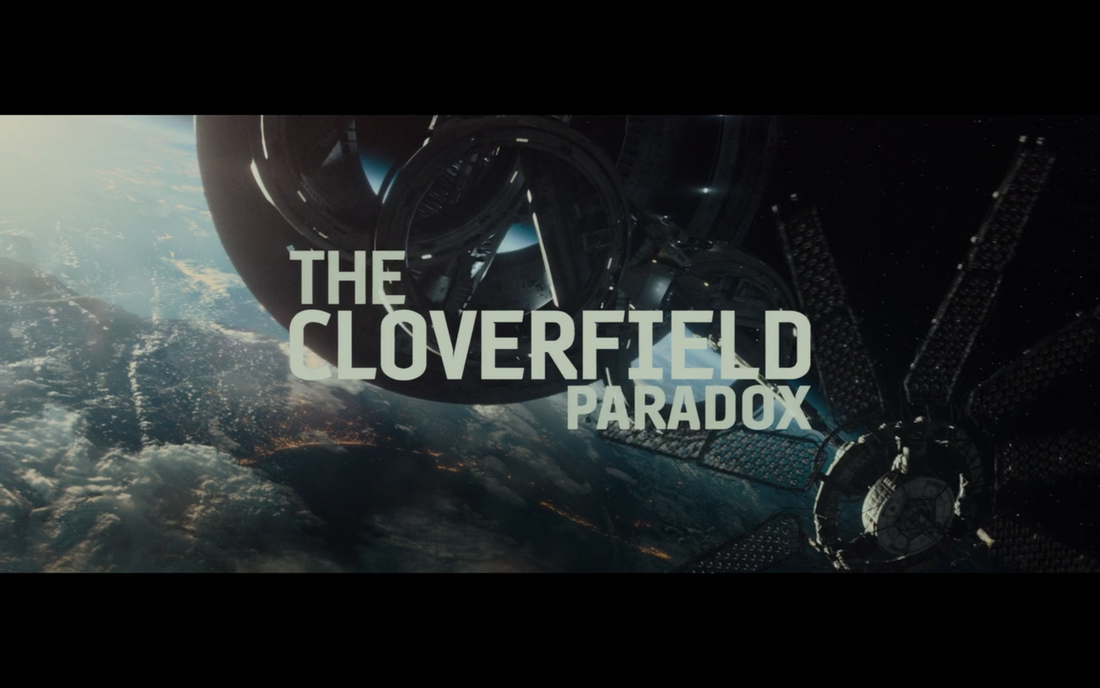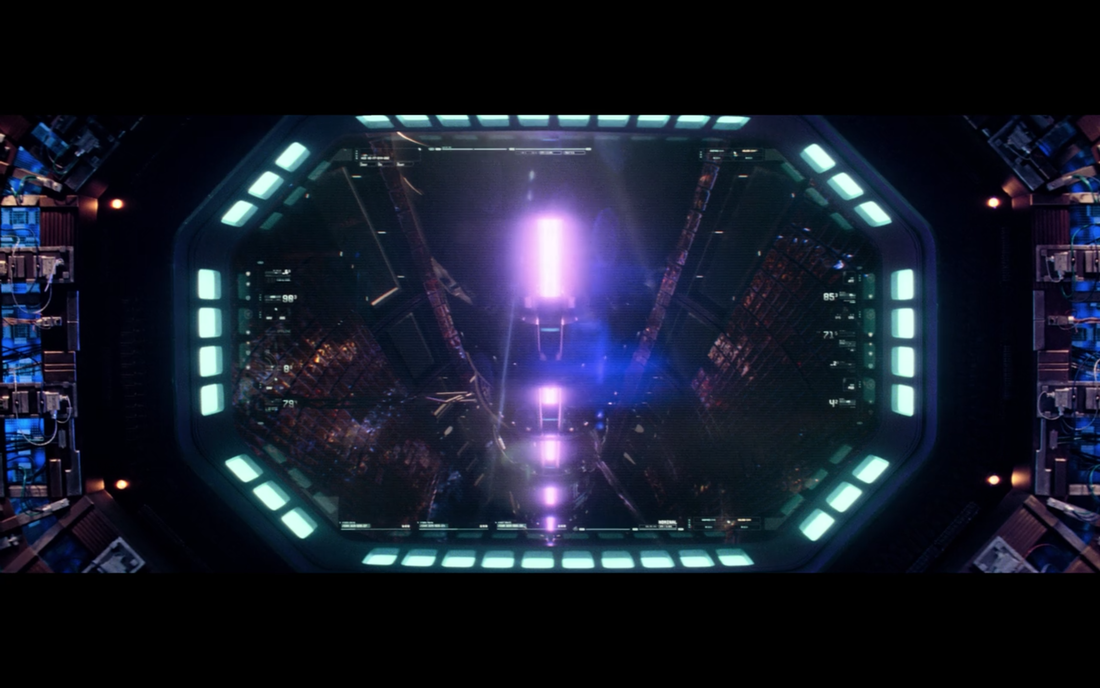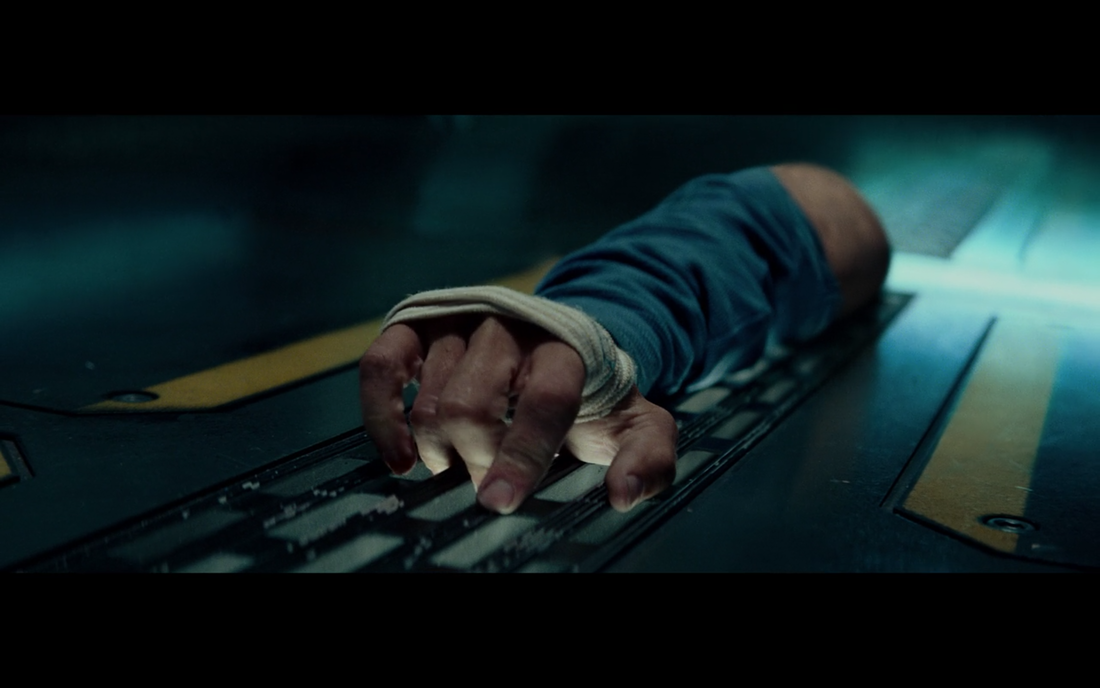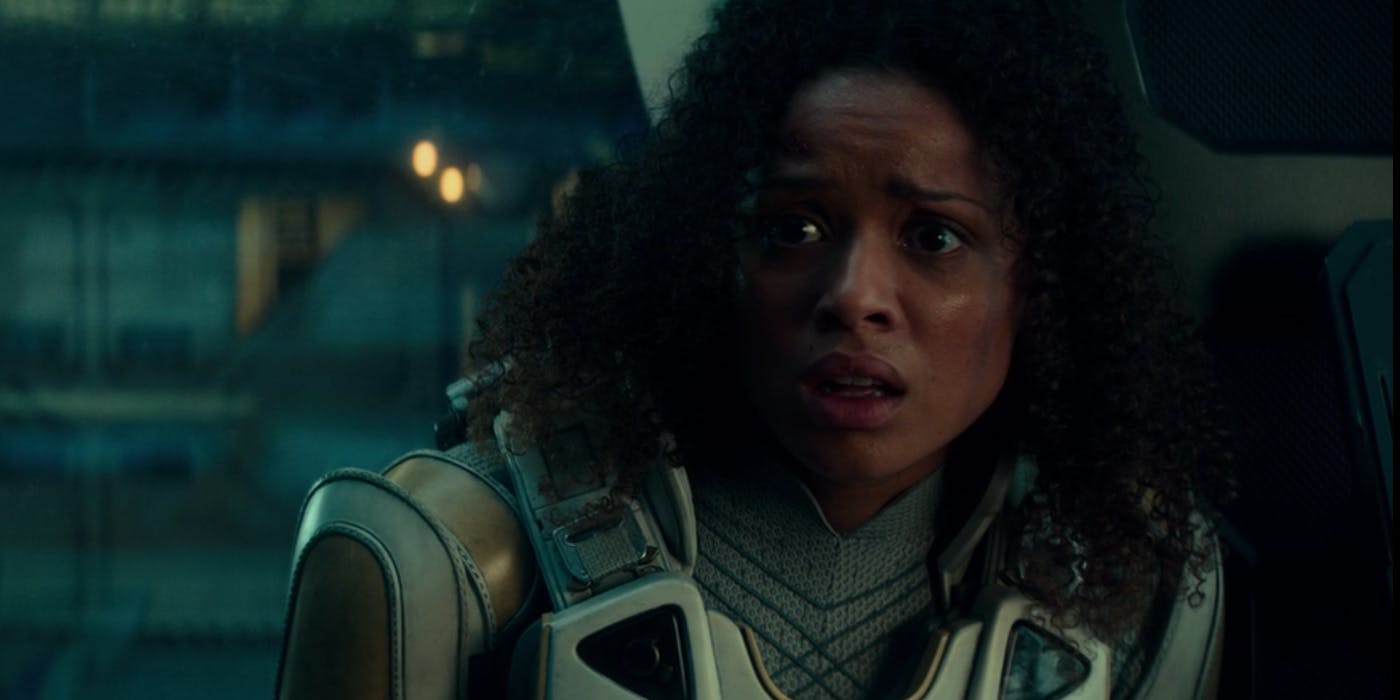As Justin Timberlake’s dulcet tones punctuated the end of the 52nd Super Bowl’s halftime show, a 30 second sci-fi spot popped onto screen. A series of creepy space-station shots clicked by, a dismembered arm dragged itself down a metallic hallway, then- a title. “The Cloverfield Paradox. Only on Netflix online.” My jaw dropped immediately. As a sci-fi junkie, I’ve been following the news of the Cloverfield franchise ever since the release of 10 Cloverfield Lane (Trachtenberg, 2016). In late 2016, rumors emerged of a film called the God Particle which JJ Abrams’ production company, Bad Robot, had acquired. Very little news surfaced after the acquisition, leaving Cloverfield fans in the dark. Now, two years later, Netflix announces the film with little fanfare and then almost immediately makes it available to stream. In the film world, this sort of “surprise” distribution is almost completely unheard of. After my shock wore off, I dove into the film expecting a well-crafted story and an expansion on the universe, in the same way that 10 Cloverfield Lane built upon the original. Instead, I found a well-casted film that struggles to both find its identity within the science fiction genre and its relation to preceding franchise installments.
The Cloverfield Paradox (Onah, 2018) follows British communications Officer Ava Hamilton (portrayed by “San Junipero’s” Gugu Mbatha-Raw), as she assists in an international effort to solve the energy crisis. In an expositional conversation at the beginning of the film, it is revealed that the nations of earth are about to go to war as the energy crisis exacerbates. The only solution is the “Shepard,” a particle accelerator built into a space station that is locked in orbit above earth which should unlock the secret of perpetual energy. The only danger is the “Cloverfield paradox,” a potential rip in space-time that would occur if perpetual energy was created. A montage then shows the first two unsuccessful years of experimentation. Tempers begin to run high as pressure from Earth mounts until the crew is finally successful. They revel in their success until they realize that something is very wrong: the very Earth has disappeared. Then, things get even weirder.
Take Mundy, an Irish engineer, who finds his arm sucked into a solid metal wall. From what I have seen in previous sci-fi films, I assumed that his character was either in a dream or somehow influenced by aliens. However, when Mundy is finally removed from the wall, his arm is gone. It then reappears a few scenes later, pulling itself down the hallway.
The Cloverfield Paradox’s true strength is found in its cast. Chris O'Dowd, for instance, is best known for the comedy show, “The IT Crowd.” However, he plays the serious character of Mundy to great effect and is actually one of the strongest elements of the film. As the lead actor, Mbatha-Raw also carries the film and it is her emotional performance that really kept me hooked and watching. It is hard to say if the film would be as engaging without such a strong cast.






 RSS Feed
RSS Feed
